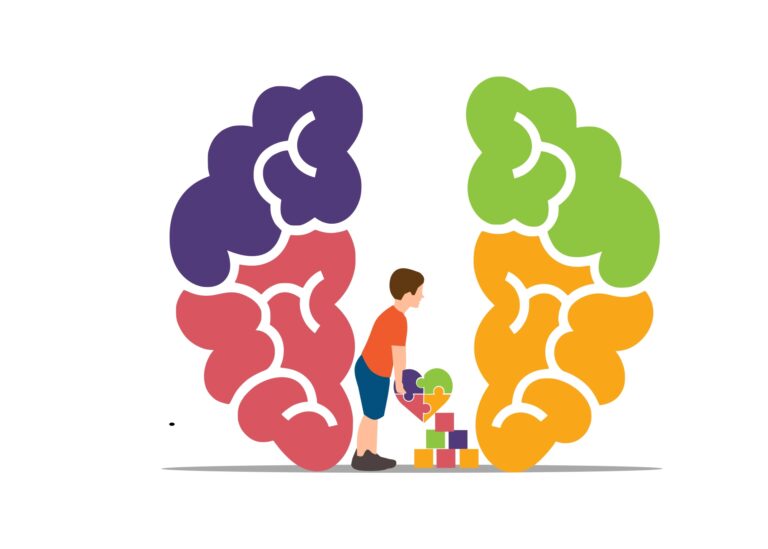Why Is Autism Representation Important in the U.S.?
U.S. Department of Health and Human Services Secretary Robert F. Kennedy Jr.’s recent spread of misinformation regarding autism has added…
Neurodiversity, as defined by the National Symposium on Neurodiversity, “is a concept where neurological differences are to be recognized and respected as any other human variation. These differences can include those labeled with dyspraxia, dyslexia, ADHD, dyscalculia, autism spectrum, Tourette syndrome, and others.”
While certain stereotypes and stigmas might surround neurodiverse individuals, research shows that some conditions, like autism and dyslexia, enhance an individual’s ability to recognize patterns, retain information and excel in certain subjects — all critical skills for any job.

U.S. Department of Health and Human Services Secretary Robert F. Kennedy Jr.’s recent spread of misinformation regarding autism has added…

Learning doesn’t stop after high school. We keep learning throughout our lives, whether informally through hobbies, or formally through community…
As a student, Maggie Rose Macar lost a close friend due to suicide, which eventually led her down a path…
Photo by Tima Miroshnichenko via Pexels Do you know anyone with a learning disability or who has struggled with academically…
As the world is still recovering from the toll that COVID-19 took on society, the aftereffects of the lockdown can…
When someone thinks of Attention Deficit/Hyperactivity Disorder, often shortened to ADHD, they may picture a young child who has a…

It is almost undeniable that there has been an increase in the number of movies and books representing all different…

Diversity and inclusion efforts are definitely in hot-topic territory. There have been many new practices in workplaces, film, education, and…